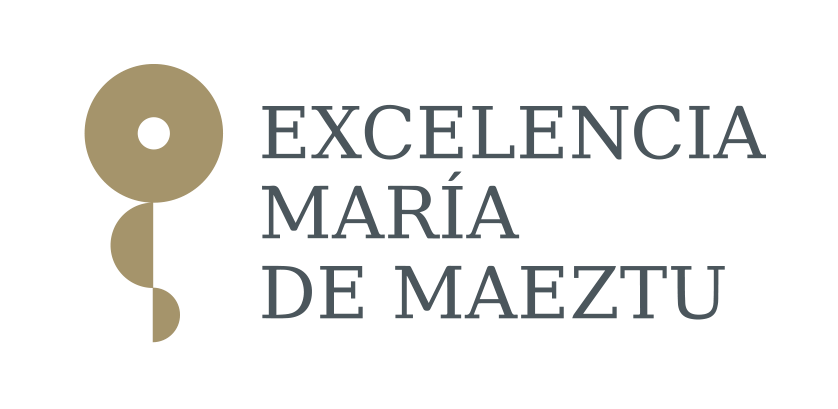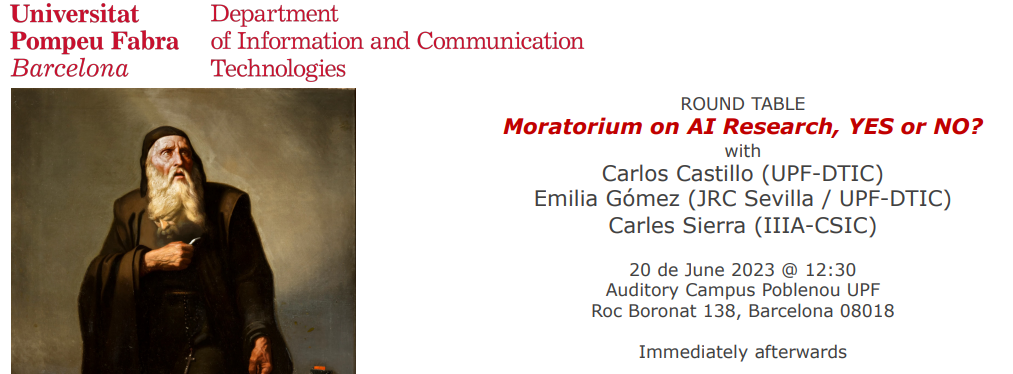The second Maria de Maeztu Strategic Research Program (CEX2021-001195-M) of the Department of Information and Communication Technologies (DTIC) takes place between 2023 and 2026. The website for this program is under construction. You can find some details in this news.
The first María de Maeztu Strategic Research Program (MDM-2015-0502) took place between January 2016 and June 2020. It was focused on data-driven knowledge extraction, boosting synergistic research initiatives across our different research areas.
Michos K, Hernández-Leo D. Towards understanding the potential of teaching analytics within educational communities. International Workshop on Teaching Analytics, EC-TEL 2016.
Michos K, Hernández-Leo D. Towards understanding the potential of teaching analytics within educational communities. International Workshop on Teaching Analytics, EC-TEL 2016, Lyon, France,S eptember 2016. CEUR Proceedings Vol-1738, pp 1-8.
The use of learning analytics in ICT-rich learning environments assists teachers to (re)design their learning scenarios. Teacher inquiry is a process of intentional and systematic research of teachers into their students ́ learning. When teachers work in small groups or communities and present results of their practice more interpretations are generated around the use and meaning of this data. In this workshop paper we present preliminary research about four dimensions of learning analytics (engagement, assessment, progression, satisfaction), and their visualization as teaching analytics, that are hypothesized to be relevant to help teachers in the (re)design of their learning scenarios. Moreover, we evaluate teachers’ acceptance of exchanging these types of analytics within their teaching community. A workshop for blended MOOCs design (N=20 participants) showed that although all the analytics dimensions were valuable, assessment data was the most useful dimension for (re)designing while data about the engagement of students was the less useful. Educational practitioners also showed interest in knowing a combination of specific data (e.g. achievements related with the satisfaction of students). Last, most participants expressed their willingness to share visual learning analytics related to their designs with their colleagues. The role of contextual information to interpret the learning analytics was recognized as important.
Keywords: Teacher inquiry, professional learning communities, learning designRelated Assets
Department of Information and Communication Technologies, UPF
Grant CEX2021-001195-M funded by MCIN/AEI /10.13039/501100011033


Department of Information and Communication Technologies, UPF
- Àngel Lozano - Scientific director
- Aurelio Ruiz - Program management




